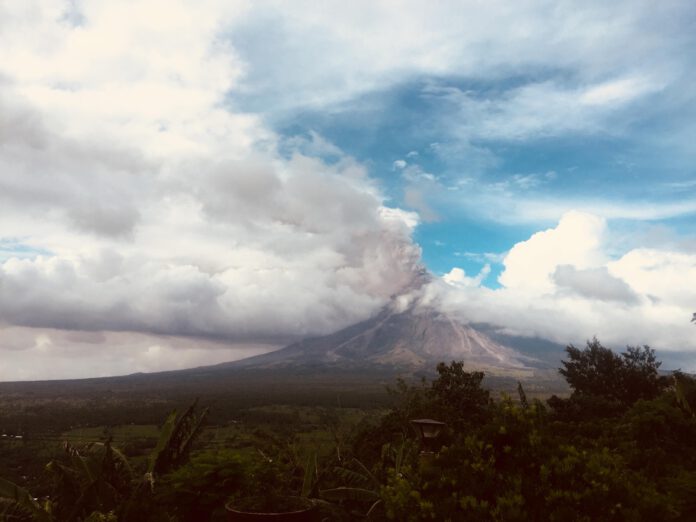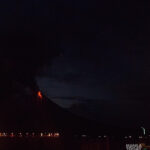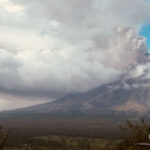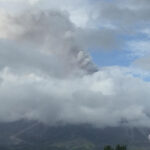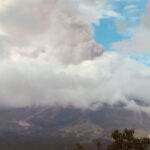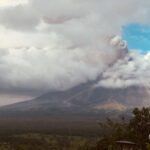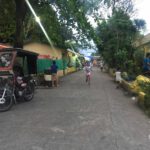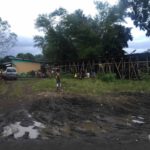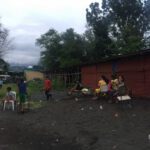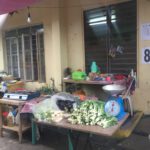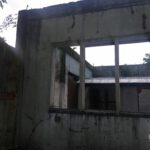A group of disaster responders in the Bicol region is not satisfied with the disaster response management being carried out by both the national and local governments over thousands of evacuees in the province of Albay caused by recent eruptions of the Mayon volcano.
As of this writing, the Bikol Movement for Disaster Response (BMDR) reported that a total of 15,468 families or 60,564 individuals have been evacuated in various public schools all over Albay.
The group airs disappointment as the government seems to lack preparations considering that Mayon is considered as one of the most active volcanos in the country.
On January 13, 2018, three phreatic steam-driven eruptions and 158 rockfall incidents have been reported that caused serious threat of hazardous eruption of Mayon. Three days after, the Albay provincial government placed the entire province under a state of calamity.
The Philippine Volcanology and Seismology (Phivolcs) raised the level of Mayon to alert level 4 on January 22 and extended the permanent danger zone to a 9-kilometre-radius. The said agency also raised its warning to the public against pyroclastic density currents, lahar and sediment-laden streamflows along channels draining the edifice.
“We are outraged over grassroots reports in different evacuation centers that the prolonged evacuation led to food supply shortage despite minimal support from the local government, health problems caused by ashfall and problematic situation in evacuation centers, psychosocial and hygiene needs,” says Vince Casilihan, BMDR liaison officer in an interview with Manila Today.
He noted, “What our evacuees need is a dignified disaster response effort from the government. At the soonest possible time, the government must immediately address and resolve complaints by evacuees regarding inadequate food supplies, hygiene, livelihood and privacy and comfort concerns.”
Group urged government for immediate evacuation, livelihood for evacuees
The BMDR also calls on government officials to be serious in their evacuation and health-related efforts especially that majority of the Albay province currently suffer the effects of the Mayon eruption, especially the impacts of the ash fall to children and elderly.
Casilihan raised the red flag as the Phivolcs alert level 4 causes imminent danger to the public especially in the towns of Legazpi, Sto. Domingo, Daraga, Camalig, Ligao City, Oas, Libon and Guinobatan, where ashes fall due to the southwest monsoon. He said that the effects of the ashes extend up to the 5th district of Camarines Sur.
He said that the provincial health office of Albay must triple its efforts in setting up ambulances, giving out face masks to residents affected by the ash falls and other measures to prevent asthma attacks and other respiratory ailments.
The BMDR also said that on their monitoring, livelihood is considered the common problem listed in almost all the evacuation centers in Albay.
Casilihan said that the logical and automatic result that could have been addressed immediately by the government is the lost of livelihood to evacuees.
He explained that this means farmers can no longer continue their livelihood activities at the danger zones and that residents will be displaced from their homes and their primary source of food such as vegetables and livestocks readily available to their community.
In Albay Central Elementary School where 532 families or 2,052 individuals, evacuees worry about the livelihoods and source of income that they left in their community at Barangay Matanag which is within the 9-km radius danger zone.
Gina, one of the evacuees complain about the lacking of alternative livelihood for them. She said that they were returning to their homes every other day to feed their livestocks and fetch water. She also said that some of the children in their evacuation center are getting sick.
The BMDR said that they will remain vigilant and watchful over the disaster relief, response and rehabilitation efforts of the government. They said that they will remain in the forefront of providing short-term and long-term services to their fellow Bilocano especially in time of disaster through the help of individuals and local and international groups.


























